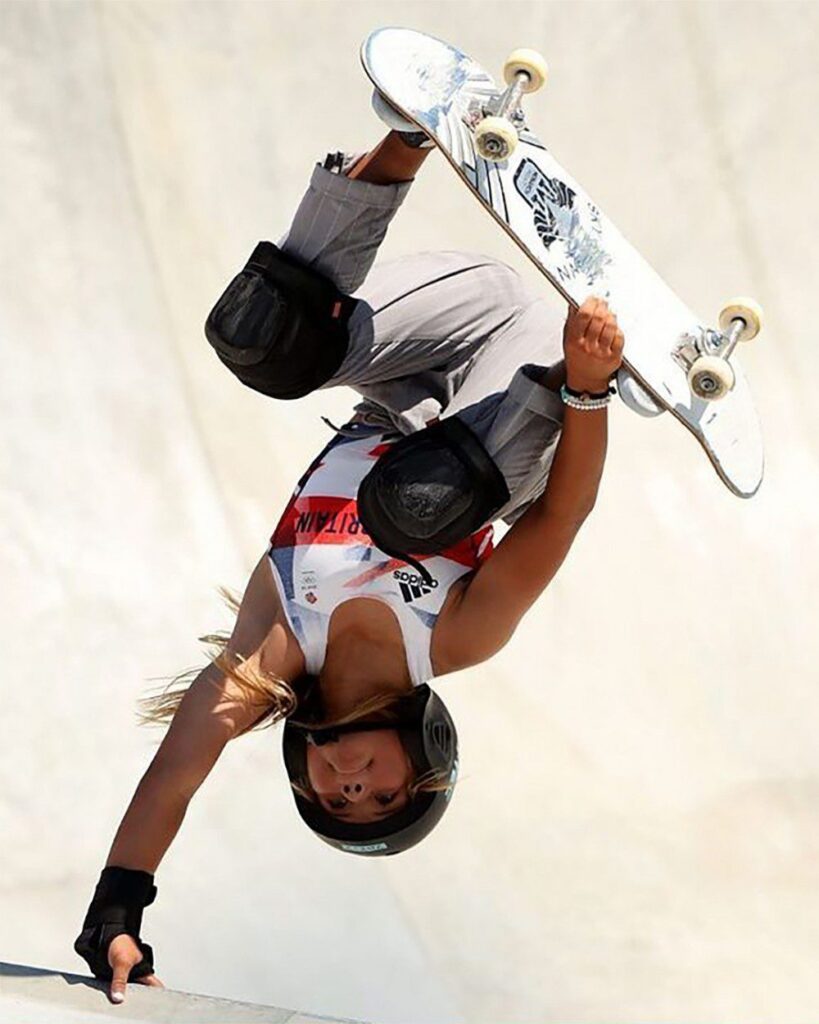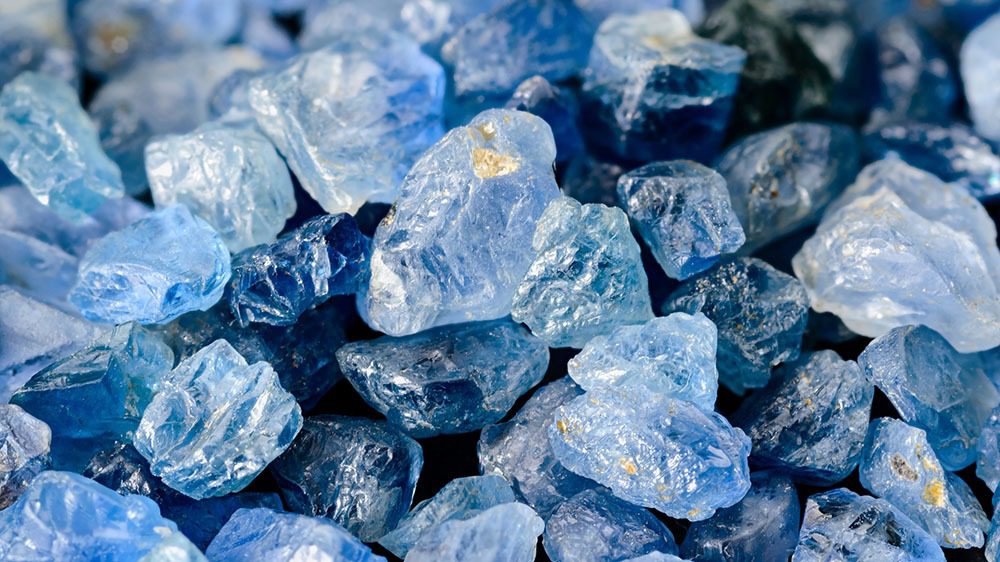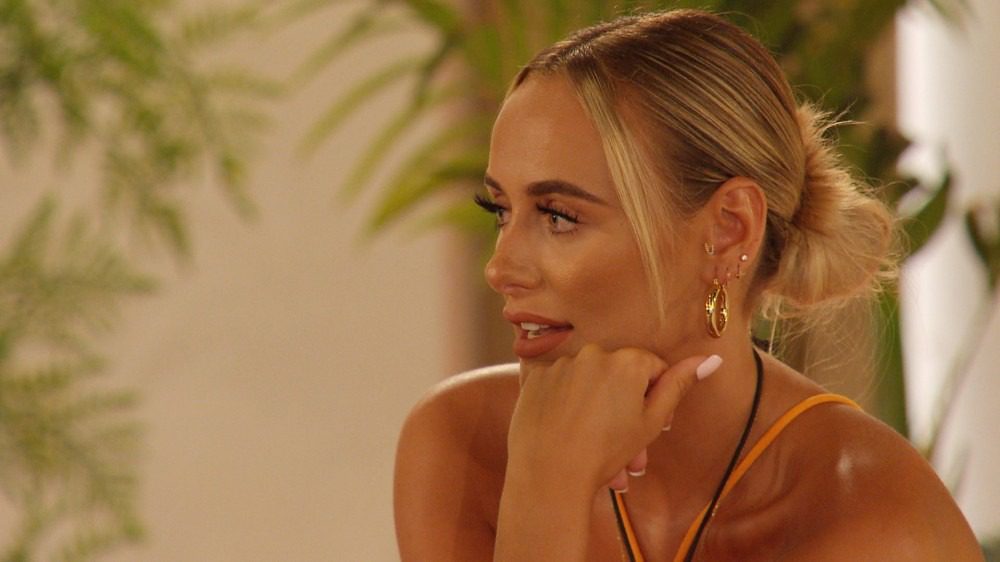
Sky Brown’s career is only just beginning – and so is the rise of women’s skateboarding
After becoming Great Britain’s youngest ever Olympic medalist, 13-year-old Sky Brown has proved to be a skateboarding prodigy. But she’s not the only one. Young female skateboarders have dominated Tokyo 2020 and they show no signs of slowing down.
You were probably first introduced to skateboarder Sky Brown in 2019, when the 10-year-old announced that she was aiming to compete in Tokyo’s 2020 Olympics. At that point, she’d already been competing professionally for three years, and it was clear to skateboarding pros and novices alike that Brown was exceptionally gifted. She doubled down on her talents by coming third in 2019’s World Skateboarding Championships, not long after she’d voiced her Olympic ambitions.
Now, aged 13, Brown’s Olympic dreams have been realised. Yesterday, after cascading into a concrete bowl to wow judges with gravity-defying tricks, she took home the bronze medal for Great Britain in the park skateboarding final, simultaneously becoming GB’s youngest Olympic medal winner of all time. But as you may have noticed, Brown is not the only young person excelling on the world stage at this year’s Olympics. The newly-launched skateboarding category is full of them – and they’re winning big.
Japan’s 12-year-old Kokona Hiraki beat Brown to second place in the women’s park category, while her 13-year-old teammate Momiji Nishiya won gold at last week’s street skate competition. Brazil’s street silver medalist Rayssa Leal, 13, also finished in front of Japan’s 16-year-old Funa Nakayama. In fact, the oldest female medalist in a skateboarding category this year was Sakura Yosozumi, who at a (very) slightly older 19 years old won gold for Japan against Brown and Hiraki. Meanwhile, their male counterparts are, in some instances, almost double their age, each medalist so far being over the age of 20 (the men’s park final takes place tomorrow).
There’s a couple of reasons for this. While many Olympic sports have a minimum age requirement for athletes, skateboarding does not, meaning that anyone can compete if they’re good enough. But this doesn’t explain why the men competing are generally significantly older than the women. Stigmas have long deemed skateboarding to be anti-social and dangerous – certainly not the kind of activity “delicate young girls” should be occupying themselves with.
And if women weren’t put off by that societal attitude, they still had to battle against inequality within the skateboarding world itself. In 2005, female skateboarders boycotted the X Games after finding out that the male winners earned 25 times more than them. They eventually won equal pay in 2008, but if you look at skate brands’ rosters of pro skaters today, you’ll notice that many still have a lot of work to do. Adidas Skateboarding signed their first female pro skater Nora Vasconcellos only four years ago in 2017.
The male skateboarders competing in this year’s Olympics are likely as good as they are because they’ve generally had more freedom to pursue their passion, perhaps learning to skate at a younger age or receiving greater financial backing. This is reflected in their scores. If you’ve watched any of the skateboarding at this year’s Olympics, you might have noticed that the men are racking up a lot more points than the women, even when they’re taking home gold. This is because the female athletes specifically requested to use the same scoring system as the men, even if it made their numbers pale in comparison. As the BBC noted in its commentary of the street skateboarding heats, the women told the Olympic board that “We want to be judged against the world best… We don’t care, we’re going to bring the level up.”
So as you watch Brown, Hiraki and Nishiya proudly represent their countries, know that this is only the beginning, for both women’s skateboarding and their careers. Their scores might be low, but their heads are held high, as they blaze – sorry, shred – a trail for young girls and women around the world. Send it, gals.


